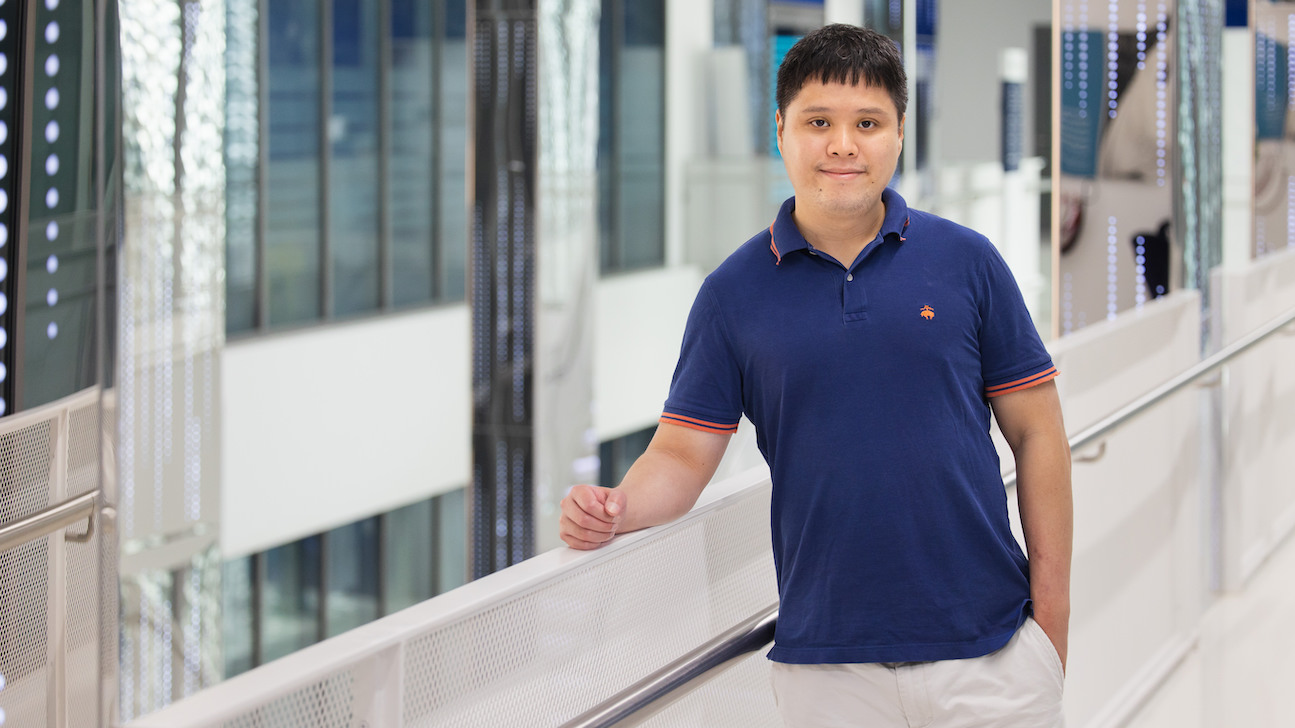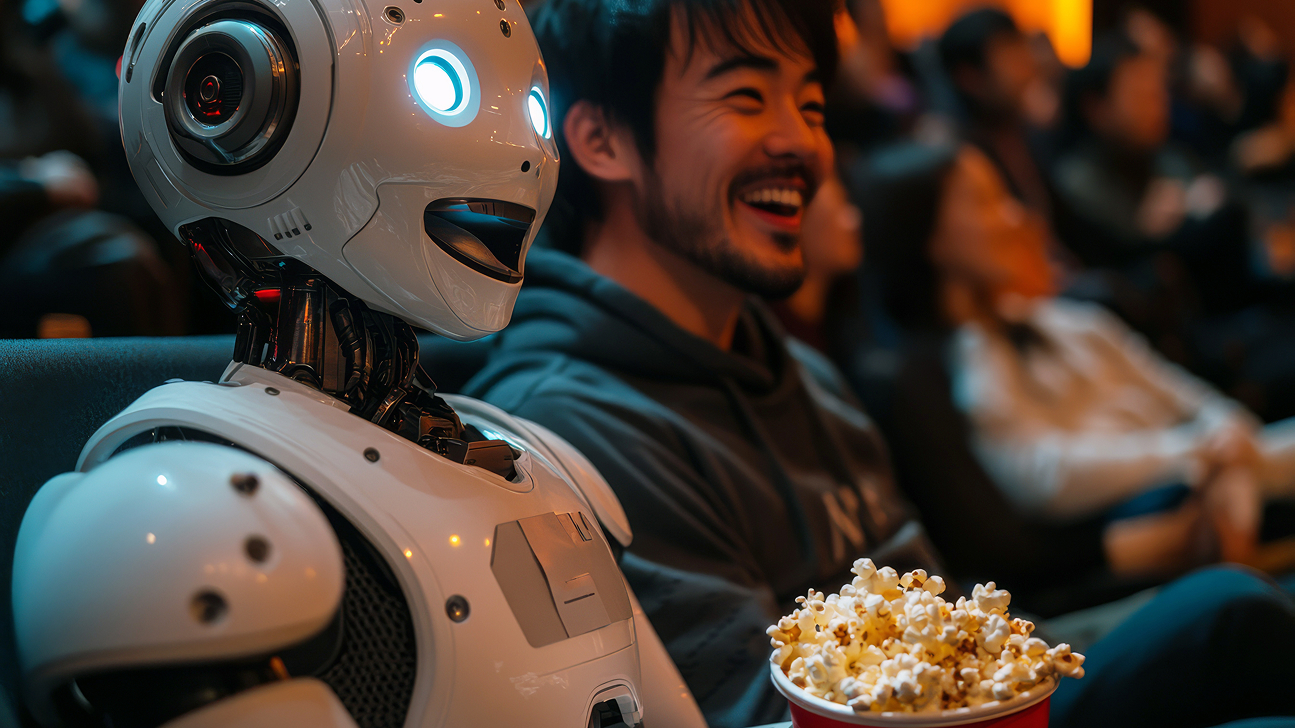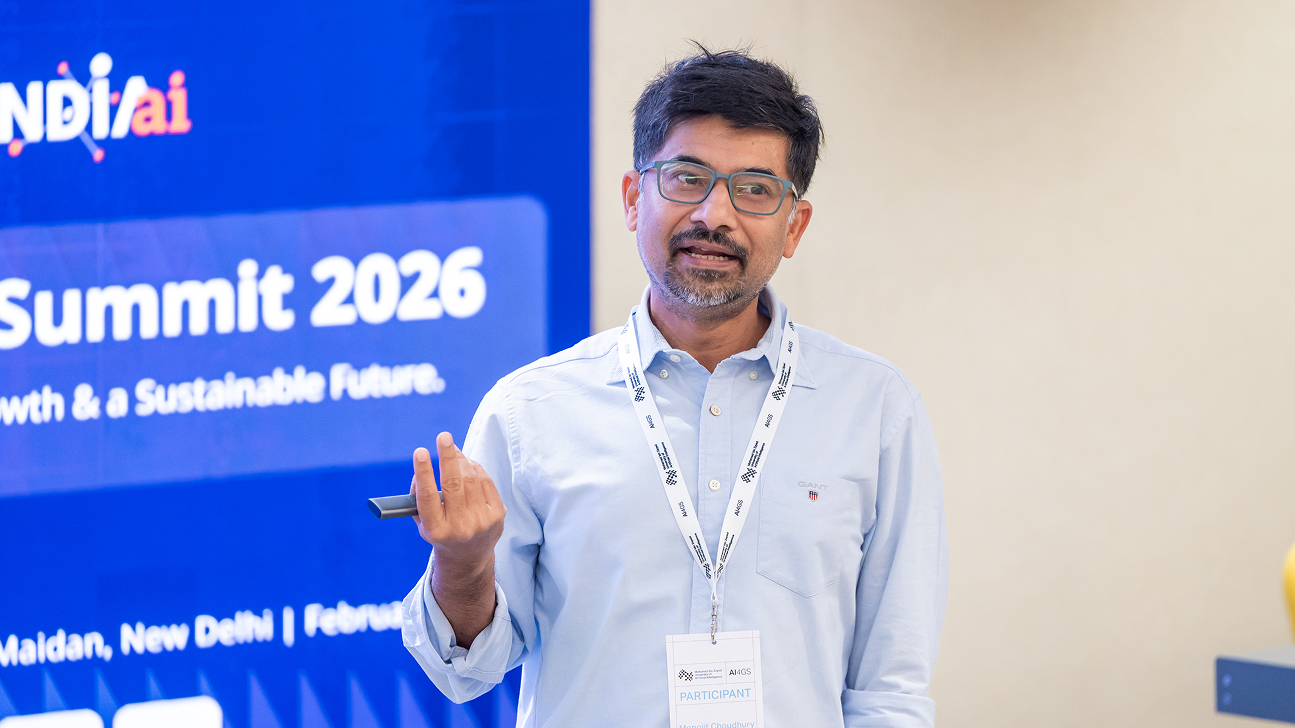Mass production of AI solutions
Wednesday, January 04, 2023

Those countries who gain the ability to mass-produce cheap, rapidly deployable AI systems at scale will be the ones who reap the rewards from the Fourth Industrial Revolution (4IR). This ability relies upon developing an AI operating system that can connect software and hardware efficiently – something Dr. Qirong Ho, MBZUAI Assistant Professor of Machine Learning, is working to make a reality.
For him, such an operating system is so significant because it standardizes algorithms and models and allows non-experts to create AI applications in a reliable and repeatable way.
Ho’s primary area of research interest is in software systems for the industrialization of machine learning (ML) programs. He is co-founder and CTO at Petuum Inc., a unicorn AI startup which has been recognized as a World Economic Forum Tech Pioneer for creating standardized building blocks that enable assembly-line production of AI, in a manner that is affordable, sustainable, scalable, and requires less training of AI workers.
He has a Ph.D. in machine learning and a Bachelor of Science in computational biology from Carnegie Mellon University, USA. He has published more than 70 papers with more than 3400 citations.
Related
AI and the silver screen: how cinema has imagined intelligent machines
Movies have given audiences countless visions of how artificial intelligence might affect our lives. Here are some.....
- cinema ,
- AI ,
- artificial intelligence ,
- art ,
- fiction ,
- science fiction ,
Mind meld: agentic communication through thoughts instead of words
A NeurIPS 2025 study by MBZUAI shows that tapping into agents’ internal structures dramatically improves multi-agent decision-making.
- agents ,
- neurips ,
- machine learning ,
Balancing the future of AI: MBZUAI hosts AI for the Global South workshop
AI4GS brings together diverse voices from across continents to define the challenges that will guide inclusive AI.....
- representation ,
- equitable ,
- global south ,
- AI4GS ,
- event ,
- workshop ,
- languages ,
- inclusion ,
- large language models ,
- llms ,
- accessibility ,


